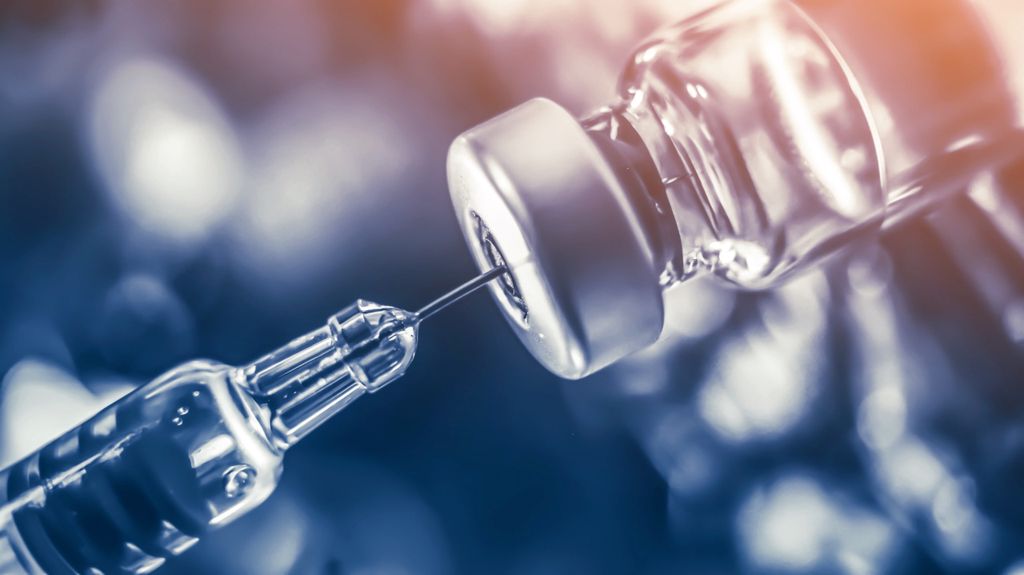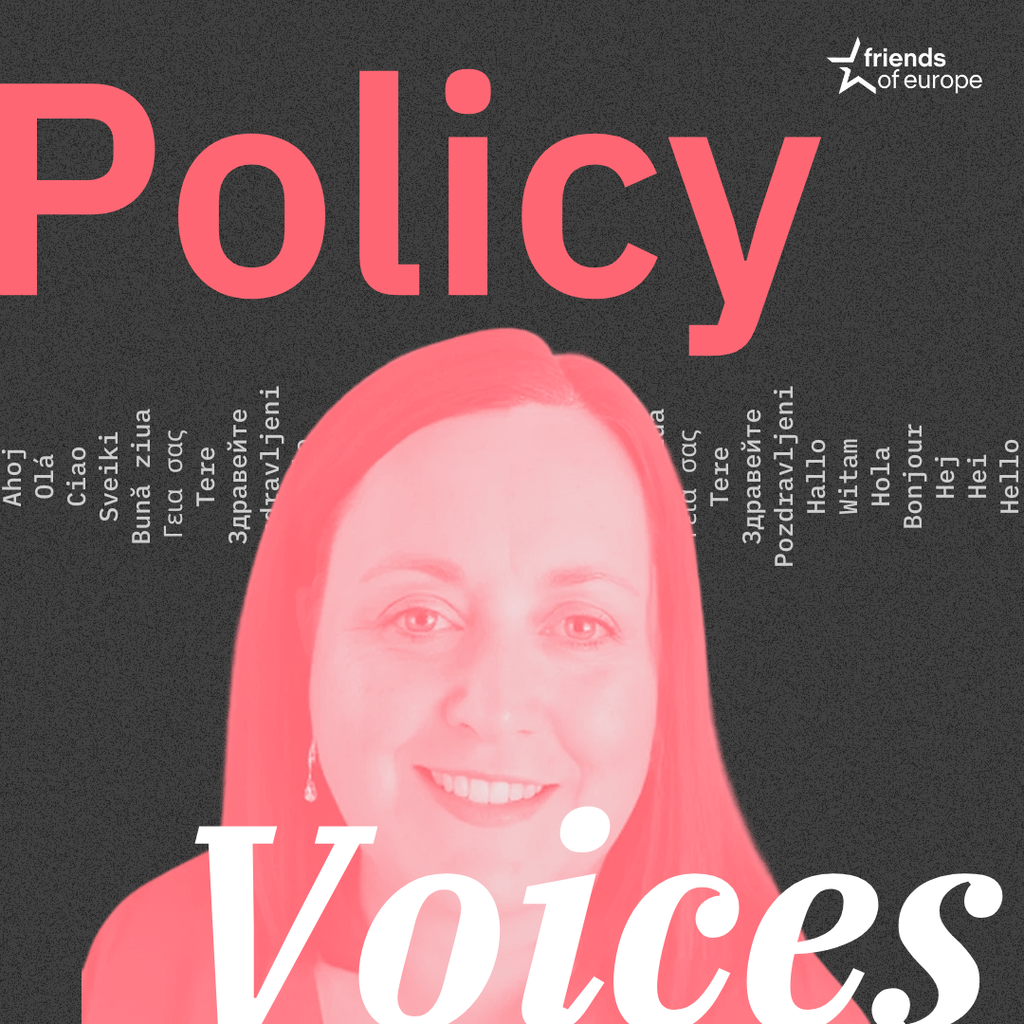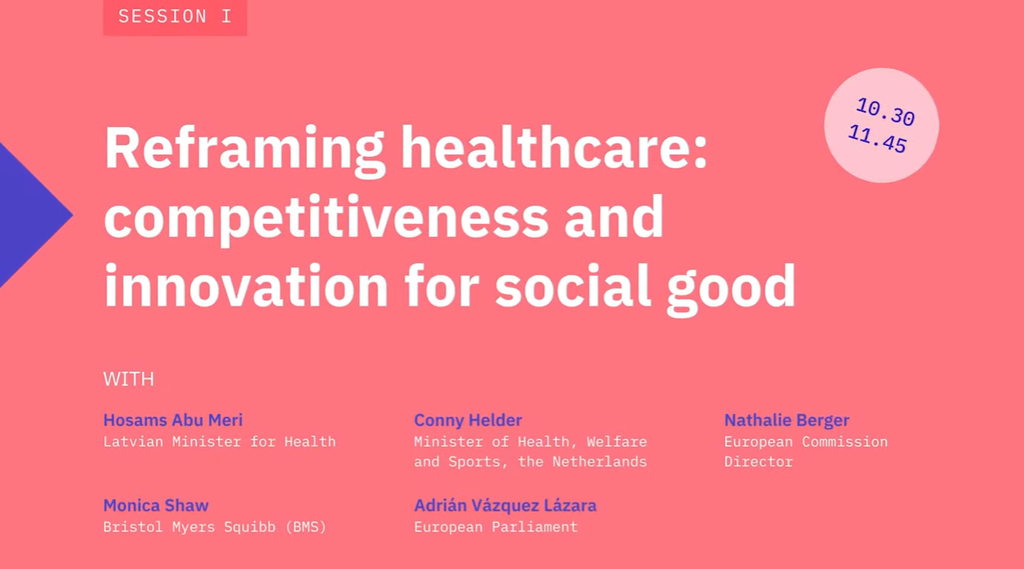Europe's moment: advancing clinical research and health innovation
Next event In person & online

- Area of Expertise
- Sustainable Livelihoods
Sustainable Livelihoods

Head of International Commercial at Shire
Globally, there are approximately 7,000 rare diseases. Yet the vast majority of these often severe and complex conditions have no specific treatment. While each rare disease affects a relatively small number of patients, collectively they represent one of the world’s largest under-served patient groups, posing a significant medical and economic burden for patients and communities around the world.
A rare disease is defined in Europe as a condition that affects fewer than five in 10,000 people. About half of all rare diseases begin in childhood, and many patients endure lifelong suffering. Sadly, rare diseases often result in a shorter lifespan, and around one in three children with a rare disease will not live beyond their fifth birthday.
What is more, delays to diagnosis are commonly experienced by patients and can lead to serious consequences for their health, as well as to the wider healthcare system. For example, in the United Kingdom the average time to obtain a correct diagnosis is five to seven years, requiring visits to up to seven different specialists. At times, delays can be even longer, causing a prolonged period of uncertainty and burden for many patients and their families.
Rare disease patients deserve the same level of quality in healthcare as any other citizen
Incentives are working to improve the development of medicines for rare diseases but barriers to patient access remain.
Since the introduction of the European Union’s Orphan Drug legislation in 2000, regulations have provided incentives that have dramatically increased the number of rare disease medicines in development. In 1999, there were eight orphan drugs approved. Today, there are 133 orphan medicinal products approved in 147 indications, and 450 new products are in development. This is a huge stride forward.
The legislation has also stimulated companies to develop medical knowledge, increase disease awareness, improve diagnostics and introduce wrap-around services to improve patient outcomes. But despite all this innovation within the industry, rare disease patients still struggle to get access to the innovative medicines that can make a dramatic difference to their lives.
For example, the average time to secure funding for a rare disease drug in England is two years and, in the best case, in Germany, it is seven months. This type of delay can make a simple difference between life and death.
But what can we do to address barriers to patient access at a national level across Europe?
Quite simply, we need improved frameworks within Europe to increase and accelerate access to rare disease medicines – and we must look actively for innovative solutions together. One of the biggest challenges we face is how rare disease medicines are perceived, evaluated and funded, and how dramatically this varies in different healthcare systems across different countries, including in the EU.
The unique features of rare diseases create difficulties in applying standard Health Technology Assessment (HTA) criteria for orphan drugs. Orphan drugs often lack large data sets and there is usually limited knowledge of these diseases. This makes it hard to demonstrate treatment value within existing frameworks, often leading to delays or failure to gain access for innovative therapies. Making pricing and discounting the primary focus is a one-dimensional approach and does not address the complex barriers to access for orphan drugs or the need to maintain investor interest in high-risk areas such as treatments for rare diseases.
To address challenges holistically, we are starting to engage our partners in alternative proposals and pilots towards accelerating access.
As a starting point, we propose that we consider giving access at the time of marketing authorisation for a limited period. The model would specify clear eligibility criteria and conditions, would have provisional pricing and reimbursement in place, define the number of patients to be treated and ensure we track outcome data that really matter.
For payers, this sort of solution would mean controlled expenditure while for patients it would mean earlier treatment with innovative therapies and, for companies like Shire, we would be better-placed to generate real world evidence to show the true value of our therapies, whilst ensuring some early return on the significant investment made. This puts us in a position where we can continue to attract, justify and sustain expenditure from investors. For us all to succeed, innovation must be rewarded.
What can we do to address barriers to patient access at a national level across Europe?
Rare disease patients deserve the same level of quality in healthcare as any other citizen, regardless of the rarity of their condition. We must prioritise registries and data collection so that there is more data and evidence for these small patient groups. To achieve this, we all need to work together with the European Reference Networks, the new virtual networks involving healthcare providers across Europe that aim to tackle rare diseases.
To succeed in transforming the treatment of rare diseases, we must bring everyone together and make it a shared responsibility. If we are to implement new proposals and pilots towards improving and accelerating access, we require all stakeholders, payers, policymakers, patients, key opinion leaders and industry around the table, engaged in open and transparent discussion. And these discussions must be centred on finding mutually acceptable solutions.
Ultimately it is about making choices and being clear on our health priorities. Companies, including Shire as a global leader in the field of rare diseases, have an important role to play in working with the healthcare community to find sustainable and reasonable solutions that will help to transform rare disease treatment and bring fresh hope to millions of people in Europe.
Next event In person & online

Past event In person & livestreamed

Past event In person

Past event In person & livestreamed





Stay informed
We use cookies and similar technologies to adjust your preferences, analyze traffic and measure the effectiveness of our campaigns. Learn more about our privacy policy.